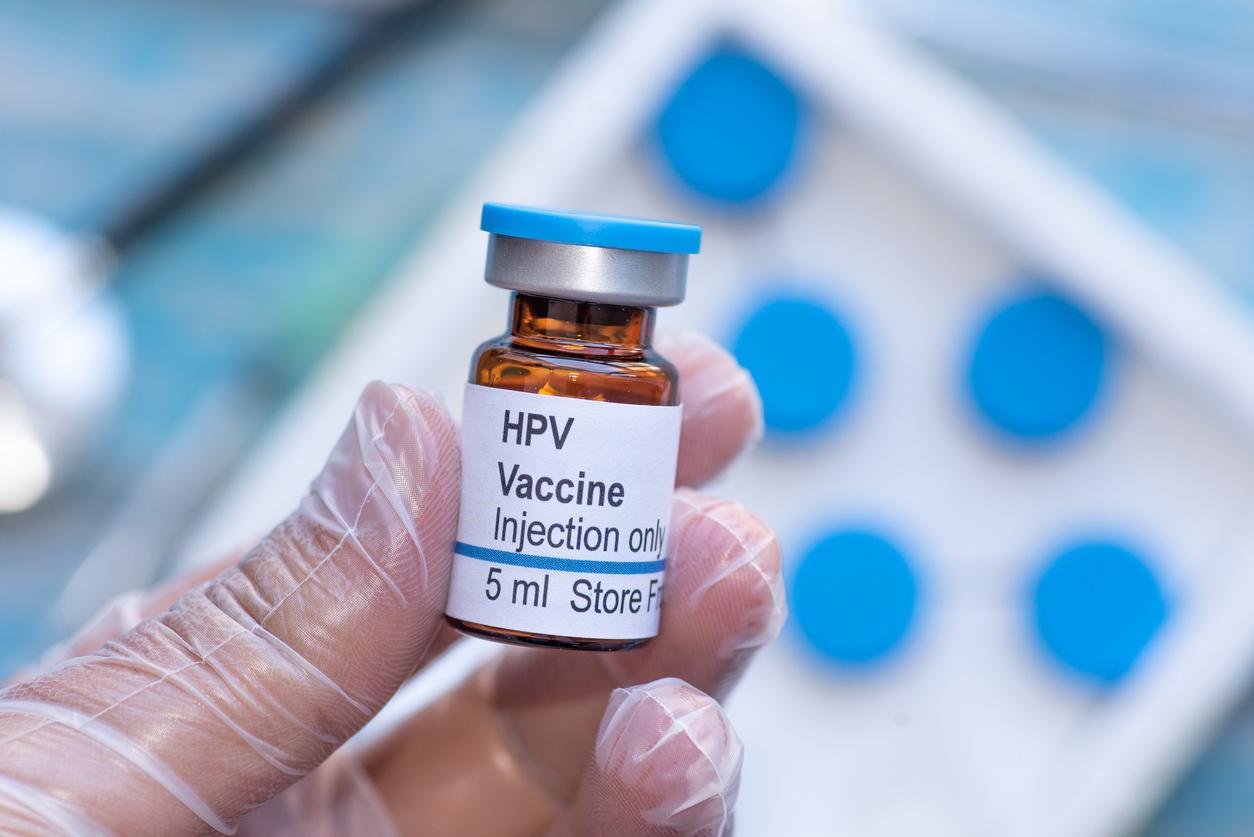By reprogramming so-called self-amplifying RNA, researchers have developed a vaccine against Covid-19 that has proven to be as effective as current mRNA vaccines in mice.

- Scientists modified the chemical structure of a type of RNA called self-replicating RNA (or saRNA) and tested their reprogrammed saRNA as a Covid-19 vaccine in mice.
- With promising results: “A lower dose of the new vaccine protected rodents from the disease as effectively as current mRNA vaccines.”
- Self-replicating (or self-amplifying) RNA technology could pave the way for other types of treatments for cancer or genetic disorders because “it is, ultimately, a protein production system, a gene delivery system.”
“Decades of research have unraveled the mysteries of RNA [pour Acide RiboNucléique] in cells. Without it, our cells could not perform certain fundamental tasks, such as transporting amino acids or generating immune responses to viruses. Recently, scientists have discovered how to harness RNA to design treatments for genetic diseases and cancer, and to make vaccines against Covid-19 using messenger RNA (mRNA).”
It is with this in mind that researchers from Boston University in the United States have targeted, among the many existing families (rRNA, tRNA, siRNA, miRNA, etc.), a lesser-known RNA which, if reprogrammed, could be the basis of new vaccines and treatments against the coronavirus and certain cancers.
New RNA vaccine as protective against Covid as mRNA
As part of their work, published in the journal Nature Biotechnologyscientists have modified the chemical structure of a type of RNA called self-replicating RNA (or saRNA): unlike other messenger RNAs, this one has the particularity of being able to replicate itself in a cell to produce more proteins than it is programmed to.
After seeing that their modified saRNA worked, at least in the lab “in a petri dish”the researchers then launched a year-long trial to test the reprogrammed saRNA as a Covid-19 vaccine in mice. With promising results: “A lower dose of the new vaccine protected rodents from the disease as effectively as current mRNA vaccines”according to a press release.
Here’s how it works. Standard mRNA vaccines tell cells to make a specific protein that mimics the real virus, which then prompts the immune system to fight the virus. But the saRNA vaccine goes further by repeating these instructions to the cell over and over again, creating more and more proteins. As a result, the immune system will “remember” how to fight the virus for a longer period of time. “The idea is that this vaccine could extend the duration of protein expression, even when you use a lower dose.”the researchers summarize.

Potential new treatments for cancer or genetic disorders
If necessary “years of additional testing” Before this vaccine can be approved for humans, it is a “promising start”, they assure. Self-replicating (or self-amplifying) RNA technology could pave the way for other types of treatments and gene therapy because “It is, ultimately, a protein production system, a gene delivery system.”
In the case of a genetic disorder, for example, saRNA could be programmed to make a missing gene or replace a defective gene. Or to treat lung and breast cancers, among others. “We could make it produce an anti-cancer drug that requires a high dose and a lot of protein,” predict the authors of the project. “We’re really excited because we could reduce the doses needed and still provide some of this care. That’s how we envision it.”


















